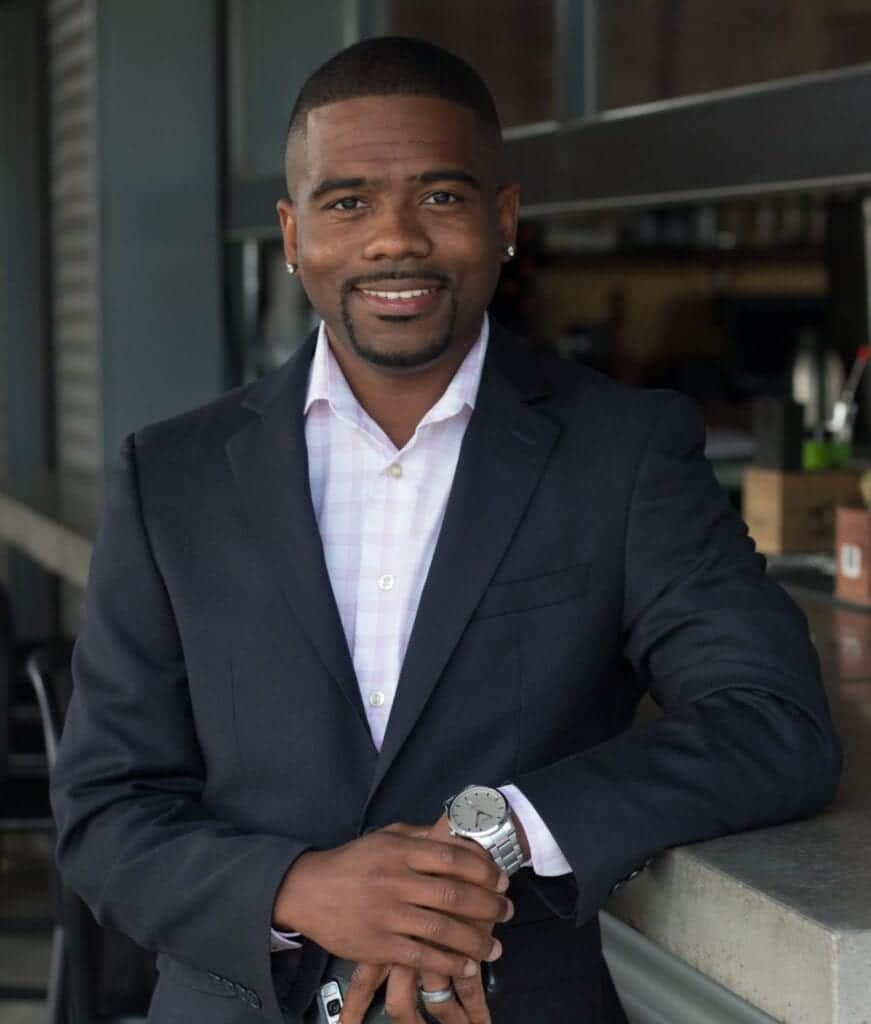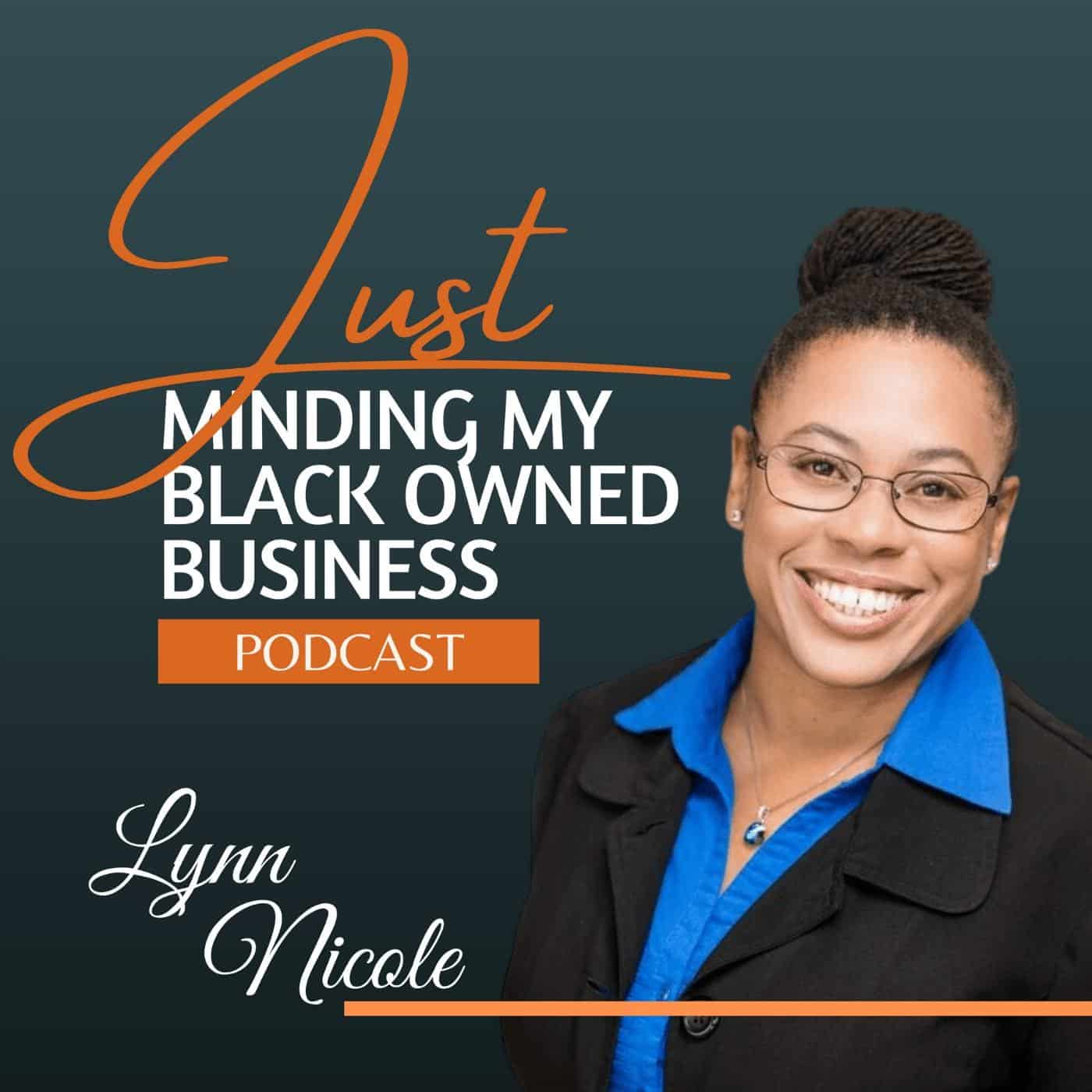It is usual for people to find the most convenient way to get things done. A lot of the time, many ideas come to people’s minds on how to ease one’s work, but it’s a matter of whether they take action on their ideas to see if it works or not. And instead of waiting for someone else to start doing it, why not try it yourself?
In today’s episode, we have Glenn Sanford share with us what led him to learn how to automate things that are repetitive, which eventually led him to combine both his knowledge in technology and real estate to create the eXp model that no one else has done before.
Glenn is the chairman and CEO at eXp World Holdings, which he founded in July 2008. Their global brokerage, eXp Realty, is considered one of the fastest-growing real estate companies. Before getting into real estate, he has worked with several internet start-ups in the 1990s and early 2000s.
Here’s What You Missed
How eXp Realty came to life
- “I thought about the profit share as being my retirement plan into residential real estate. Ultimately, I ended up not finding that the profit share model was as profitable as the recruiting brochure suggested.” (12:32)
- “Once I had been there for three years, I decided that I would start my own brokerage, given all the things I was doing.” (12:52)
- “Based on everything we’ve learned to date and given the state of technology and where it’s come to today, how can we build a real estate brokerage that’s not dependent on bricks and mortar?” (13:21)
- “…how do we build a retirement plan so that we can ultimately create a model where, at the end of the day, if I ever wanted to not sell real estate again, there would be enough in it that I could actually retire, which is really tough.” (13:38)
Two different Management Styles
- “One is a command and control style management style, which is go do this, go do that.” (15:27)
- “The other style is a coaching style, which is, I’m really more about helping you become better as a real estate professional and as staff and other things, and that’s been pretty much since I’ve got into business.” (15:38)
- “There’s a certain amount of command and control, there’s a certain amount coaching that one has to sort of balance out.“ (15:57)
Struggles of building a new model
- “…anybody who we recruited from, they would rightly so put us down because we were brand new and we might not make it and that this model hadn’t been tried before, et cetera.” (17:05)
- “We had to overcome just the general pushback that the competitors had at that point in time to overcome that. And that was a lot of work, but for the most part, we thought it had potential, we thought it had legs.” (17:18)
- “In my mind it’s like, somebody is going to do this, why not us?” (18:18)
The birth of the eXp model
- “I wanted to first, figure out how to solve for cash flow issues.” (20:21)
- “By leveling it out and creating another stream of income through a revenue share program, it levels out that income challenge.” (20:46)
- “So when we started eXp, I wanted agents to have that same opportunity that wasn’t really provided to me as an agent because I knew that it would be important.” (21:49)
- “We knew that if agents could get equity and they could feel like owners and they had a way, a path, to get more ownership if they wanted to have more ownership, that would be the game-changer.” (22:36)
- “Anybody can do sort of we call it the revenue share profit share model, but not everybody could do the equity model.” (22:48)
Relevance of personal development to real estate
- “Because of having the Success platform, we’ve got so many interesting and unique people that we’re having conversations with, that we can bring and expose to our real estate community that nobody else will be able to do.” (27:08)
- “You could almost think about eXp Realty as being a personal development company that just happens to sell real estate. That’s how we make our living. But it’s all about getting better as a person, as a human being.” (39:56)
Joining eXp as a brand new agent
- “…the person that brings you into eXp is, to some extent, responsible for you plugging in, you being successful.” (30:48)
- “We’ve got a ton of resources. You’re going to have to plug in more. You’re going to have to explore more.” (31:45)
- “…if you don’t have the right sponsor, make sure you’re plugging in everywhere you can. We’ve got our virtual world, we’ve got training going on all the time. Literally, you can get trained and connected, attend masterminds, ask questions, plug in.” (32:13)
- “Even if you don’t have a great sponsor, there’s more than enough resources, but you’re gonna have to be a little bit more proactive in figuring out what you need to do next.” (32:29)
Building relationships with other agents and brokers
- “I think that’s the thing that’s always served me well is that by adding value and then becoming recognized as a person who adds value, you automatically are becoming somebody that people want to do business with.” (38:01)
- “The idea is that those people who add the most value are also the ones that tend to get valued the most.” (38:40)
Network marketing style concept
- “I think the network marketing style concept is the most brilliant concept of distributing products and services that was ever invented.” (43:09)
- “I never had a challenge with it being called network marketing, MLM, or any of that stuff, because at the end of the day, we, as individual entrepreneurs in the field, need a way to leverage and to actually create leverage in our life.” (43:48)
- “Network marketing concepts are simply a tool that can be used in a legitimate way to get products and services to market.” (44:37)
- “Network marketing comp structures is all about empowering people in the field to actually develop additional streams of income for helping those companies actually get those products and services to market, which makes, in my mind, total sense.” (45:19)
Do business with people sharing the same viewpoint
- “I think one thing is if you’ve got a good idea, and I’ve had some ideas in the past that I think were great ideas, make sure that you’re truly aligned with people who are aligned with what you’re trying to do.” (46:56)
- “If you don’t have alignment early on, then you’re going to struggle because they won’t understand what you’re trying to do, and they’ll, to some extent, try to pull you off your game.” (47:29)
- “Creating that alignment earlier, I think will ultimately yield better things across the board.” (47:42)
- “For me, it’s really about not getting into business with people who aren’t truly aligned and spend the time upfront, making sure you have the alignment before you create the more contractual agreements.” (47:51)
Quotes and Advice from our host and guest:
- “Equity is more powerful than cash flow.” – Glenn (18:59)
- “Most agents aren’t the best business people. They tend to not plan as well for taxes and some of the other things that comes along with being in business.” – Glenn (19:23)
- “When one person wins, we all win.” – Casanova (29:28)
- “Nobody has an excuse not to be successful, but they do have to make sure that they’re being proactive and we’re going to do everything we can to help them be successful. But they got to step up.” – Glenn (34:14)
- “Plug in, plug in, plug in. Find out what stuff resonates with you as an agent, as an entrepreneur, as somebody who wants to both add value but then also consume content to up-level the way you’re approaching the business, and you know, you can’t help but be successful.” – Glenn (36:55)
- “Every day we’re all looking, we should be looking, to get just 1% better. If we could just get 1% better, over the course of the year, we know that’s 365% and who wouldn’t take a 360 turnaround.” – Casanova (42:14)
- “Collaboration over competition.” – Casanova (46:17)
Books, Mentions, and Links:
Glenn Sanford







